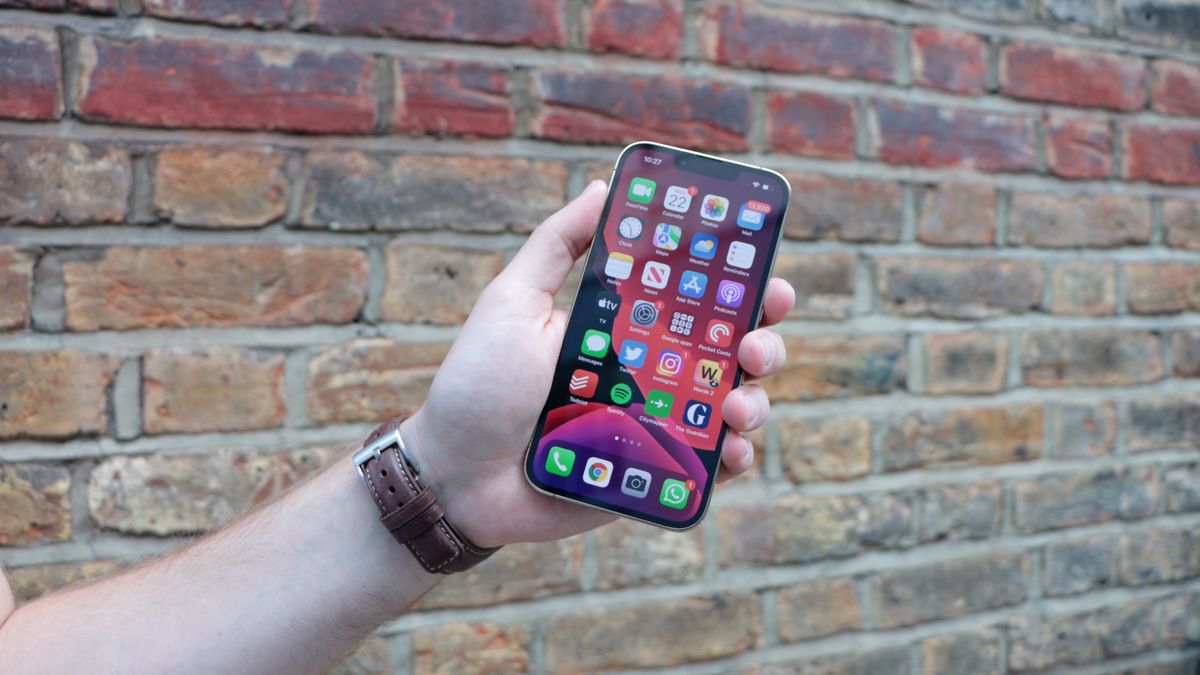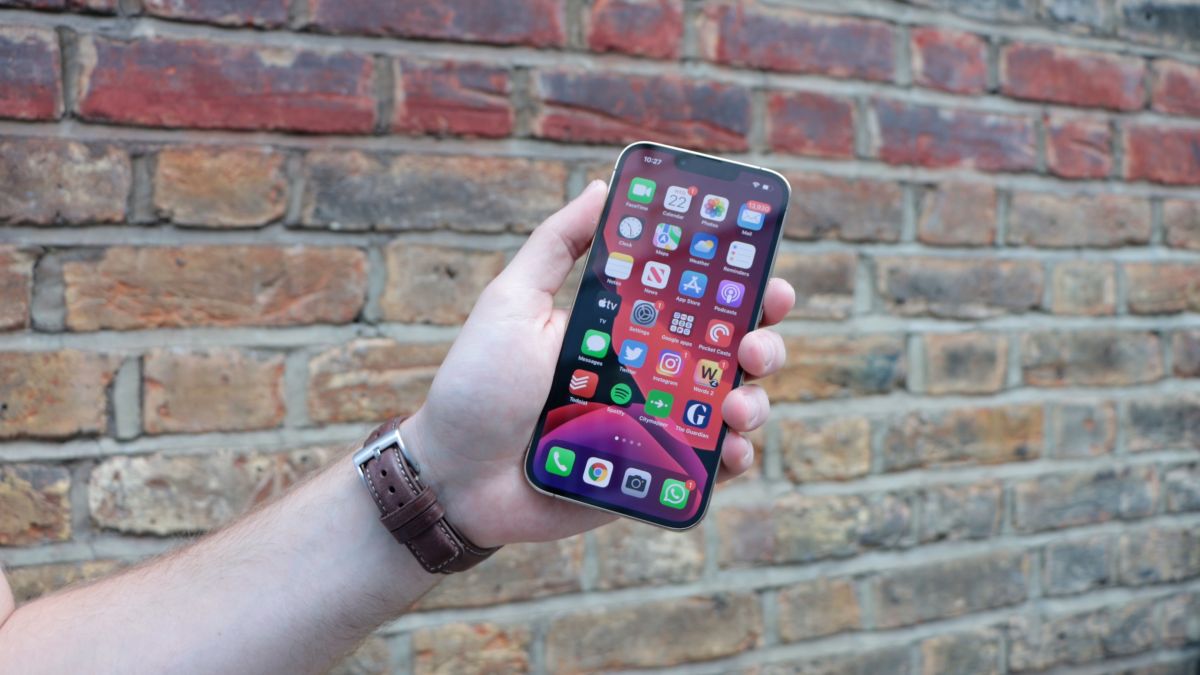
Early demand for the iPhone 13 saw Apple regain second place in the global market for smartphones. However, in spite of fears of a reversal due to the chipset shortage, the Cupertino-based tech giant became the first company to be valued at $3 trillion on Monday (January 3).
The company’s market capitalization, which had crossed $1 trillion dollars in August of 2018, doubled it two years later in 2020. Now, it took just 16 months for Apple to hit the $3 trillion mark, driven as it were by all-time high revenue numbers for the fourth quarter of 2021.
However, Apple cannot be officially designated as the first publicly-traded company with a $3 trillion valuation. According to TheVerge, this requires the market cap to be above that level when trading closes for the day. And this wasn’t the case as stock values dipped marginally below on the day.
Just in case you’re wondering whether Apple is a lone ranger in the trillion-dollar club, that’s not the case. This elite group has Amazon, Google’s parent company Alphabet, Microsoft and Tesla already on board. Facebook’s parent company Meta had breached the $1 trillion market cap in June but it’s valuation has since dropped.
Without doubt, Apple’s current spurt has come about in spite of the challenges that it faced on multiple fronts including delayed shipments, chipset shortages, issues around the contract manufacturer network. CEO Tim Cook had confirmed back in October that supply constraints had cost the company $6 billion. In fact, it had even confirmed of things getting worse in the December quarter.
October numbers shared by market research firm Canalys had put Apple’s market share in the smartphone market at 15% (up from 12% year-on-year), while that of Xiaomi had remained static at 14% with long-term leader Samsung also witnessing minimal change in terms of its 23% market share.
The company, which had launched a slew of products including the iPhone 13 and iPhone 13 Pro, the new iPad Mini, the Apple Watch Series 7 and the third generation AirPods, grew year-on-year revenues by 29%. It had touched $83.4 billion in the last quarter of its financial year, which was marginally below market expectations.
Though the latest iPhones arrived in the market quite late in the quarter, the iPhone business itself continued its momentum and grew by 47 per cent year-on-year while in the case of the iPad, it was a 21% growth.
Whether Apple manages to hold on to the $3 million market cap would become clear when the company announces its quarterly results some time later in January.
Want to know about the latest happenings in tech? Follow TechRadar India on Twitter, Facebook and Instagram!
